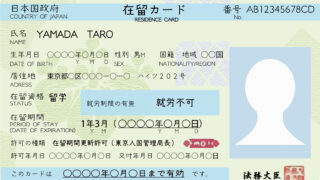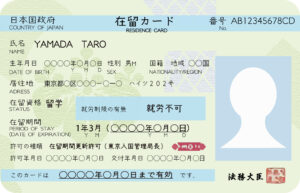"Completing a specialized course at a vocational school in Japan" has been added to the educational requirements for the "Engineer/Specialist in Humanities/International Services" status of residence.
Until now, in order to be granted the "Engineer/Specialist in Humanities/International Services" status of residence, either one must have graduated from a university with a major in a subject related to technology/humanities, or one must have at least 10 years of work experience.
(Three years of work experience is acceptable if you are engaged in international work)
This time, "having completed a specialized course at a specialized training school in Japan'' has been added to this educational requirement.
The relationship between a major's major at university and the work a student intends to engage in has traditionally been judged flexibly.
On the other hand, in the case of a specialized training school in Japan, there must be a considerable degree of connection between the major subject and the job that you intend to engage in.
For those who have completed a vocational course at an accredited vocational school, the relevance of their major subject to the work they intend to engage in will be flexibly determined, just as for university graduates.
A person who has completed a specialized course at a vocational school that has been certified by the Minister of Education, Culture, Sports, Science and Technology in accordance with the Regulations on the Certification of Programs to Promote Career Development for Foreign Students in Specialized Training Colleges.
投稿者プロフィール

最新の投稿
 Naturalization10/21/2024For those who live in Chiba Prefecture and are considering applying for naturalization
Naturalization10/21/2024For those who live in Chiba Prefecture and are considering applying for naturalization Visa10/14/2024The requirements for "Designated Activities (one year, workable)" for Myanmar people in Japan have been clarified.
Visa10/14/2024The requirements for "Designated Activities (one year, workable)" for Myanmar people in Japan have been clarified. Naturalization10/07/2024For those who are undecided whether to apply for "Permanent Resident" or "Naturalization"
Naturalization10/07/2024For those who are undecided whether to apply for "Permanent Resident" or "Naturalization" Others09/30/2024We have renewed our homepage.Visa Yamamoto Office has moved.
Others09/30/2024We have renewed our homepage.Visa Yamamoto Office has moved.

